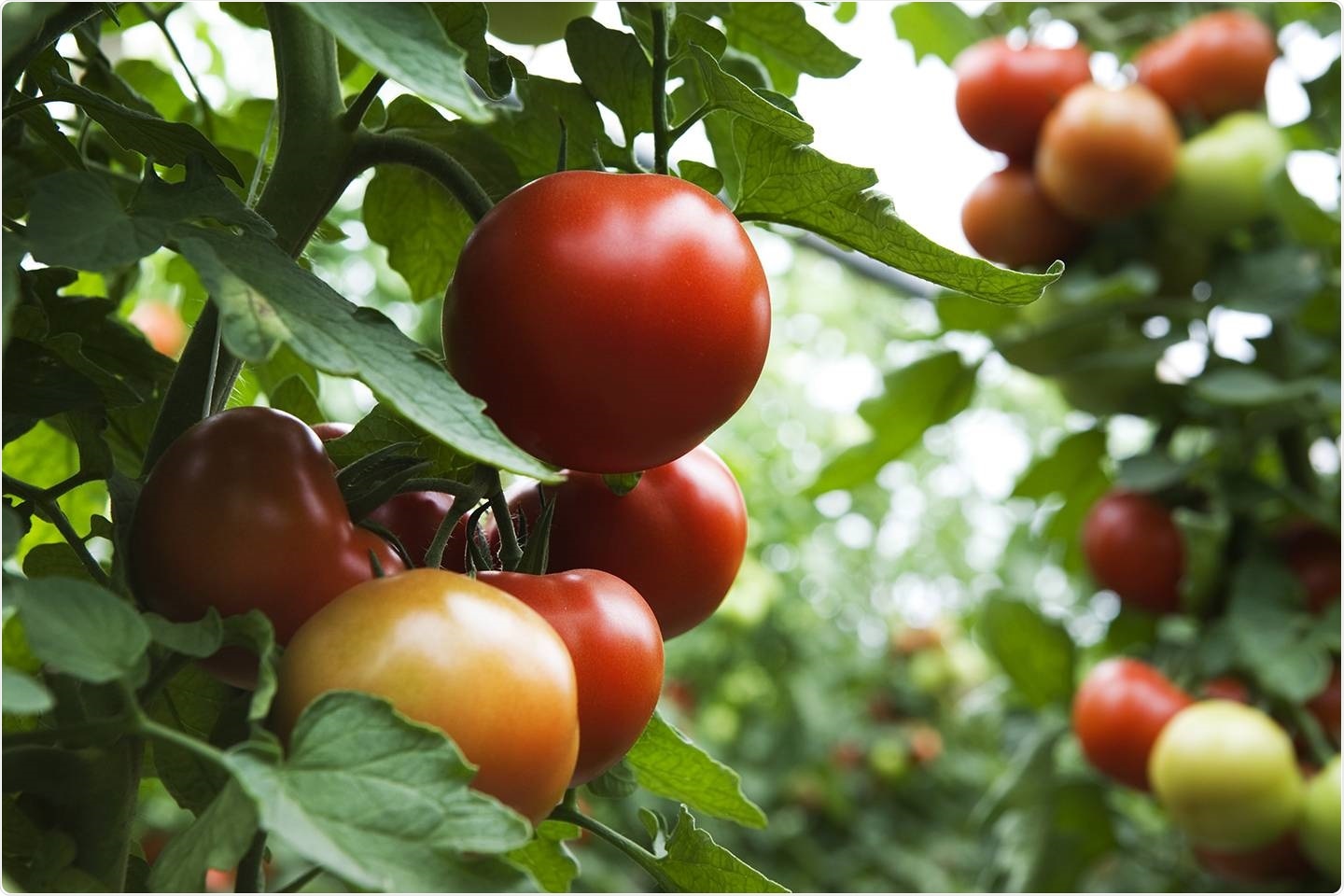A new genomic study has revealed over 230,000 DNA variations across 100 varieties of tomatoes, which will enable scientists and breeders to engineer juicier, larger, and more lucrative plants. The study demonstrates that this food staple has riches building in its DNA as well.

Image Credit: Johns Hopkins University.
According to Michael Schatz, a Bloomberg Distinguished Associate Professor of computer science and biology at Johns Hopkins University and the study’s co-corresponding author, “The vast majority of the DNA differences we discovered are completely new.”
The study was recently published online in the Cell journal.
Tomatoes, which are one of the biggest commercial fruit crops in the world, make up a $190 billion global industry that depends on identifying which large-scale difference between structural variants, or genomes, account for the various shapes, colors, and tastes of tomatoes seen at the stores.
But earlier technologies did not enable researchers to interpret large parts of a genome, and only allowed them to read small bits of the genome at a time.
Like a big jigsaw puzzle with hundreds of millions of small pieces, maybe you manage to put together the corners, but not the big blue sky. The new technology used in this study allowed us to zoom in and get larger, clearer puzzle pieces.”
Michael Schatz, Study Co-Corresponding Author and Bloomberg Distinguished Associate Professor, Department of Computer Science and Biology, Johns Hopkins University
With the help of a novel DNA sequencing approach and software, Schatz and over 30 colleagues across the world in a self-proclaimed “tomato consortium” successfully sequenced and compared the genomes of 100 different types of tomatoes. In doing so, they discovered over 230,000 structural variants.
From there, the researchers analyzed deeper through comprehensive genetic experiments to figure out how those variants impact the traits of tomatoes. In one such experiment, the researchers found that duplication of a specific gene leads to about 20% larger tomatoes.
Furthermore, they identified a gene that is responsible for inducing a smoky flavor in certain tomatoes. The researchers performed a third set of experiments, in which they exposed a complex interaction that involved four structural variants that can reduce a possible trade-off between a characteristic that streamlines tomato harvesting and the other that decreases productivity.
The extent of the researchers’ analysis has never been accomplished for any other crop, stated Cold Spring Harbor Laboratory professor and Howard Hughes Medical Institute investigator Zachary Lippman, who jointly headed the study.
I think it sets the foundation for what other crops and people working on those crops should be thinking about. All crops are based on mutations. Everything that we eat is based on mutations and up until now it’s been a pretty slow process to identify and evaluate the importance of those mutations.”
Zachary Lippman, Professor, Cold Spring Harbor Laboratory
“We’ve taken processes that used to take hundreds, or in some cases, even thousands of years, and performed them very rapidly. From here, we can apply our understanding of genetics to very rapidly domesticate some of the species related to tomatoes and create new crops to feed the world with,” Schatz concluded.
Source:
Journal reference:
Alonge, M., et al. (2020) Major Impacts of Widespread Structural Variation on Gene Expression and Crop Improvement in Tomato. Cell. doi.org/10.1016/j.cell.2020.05.021.